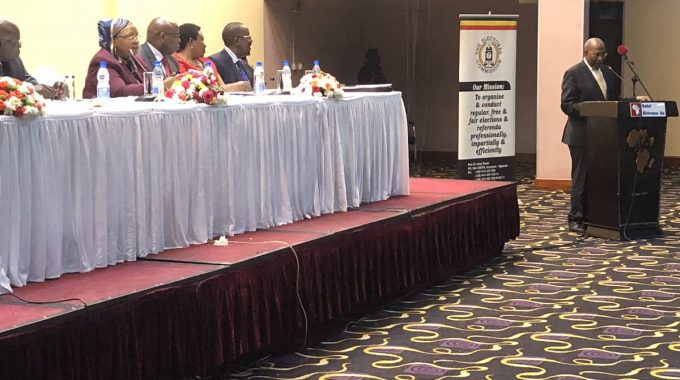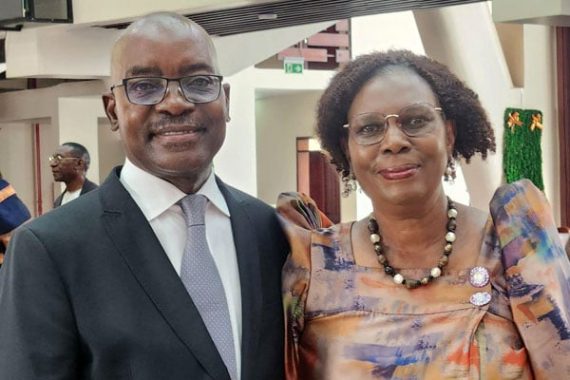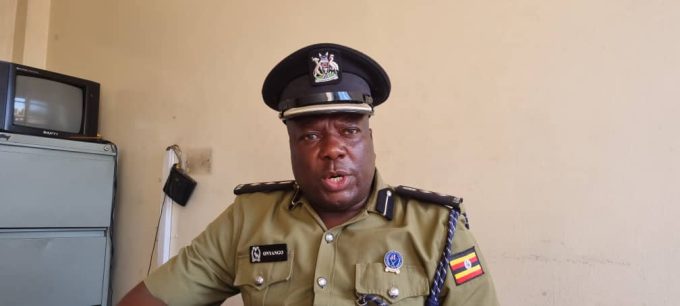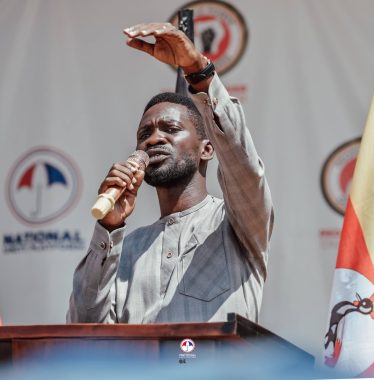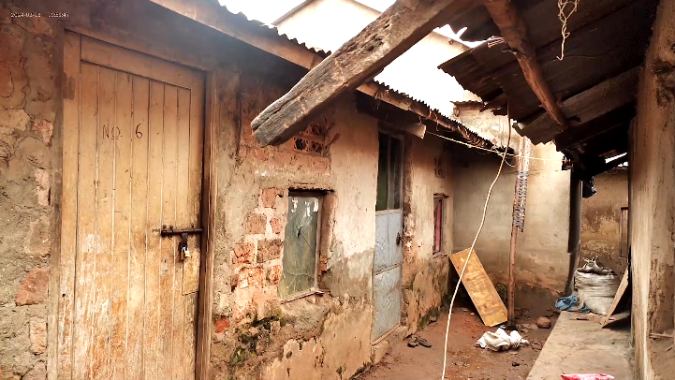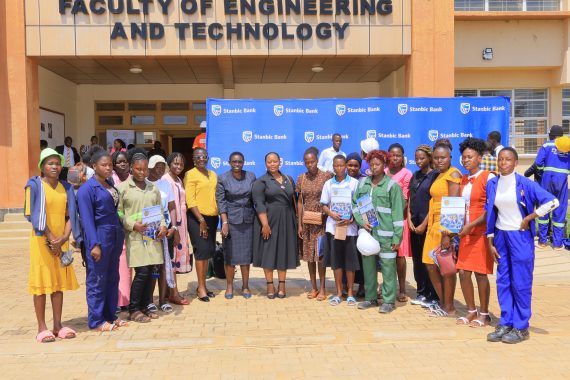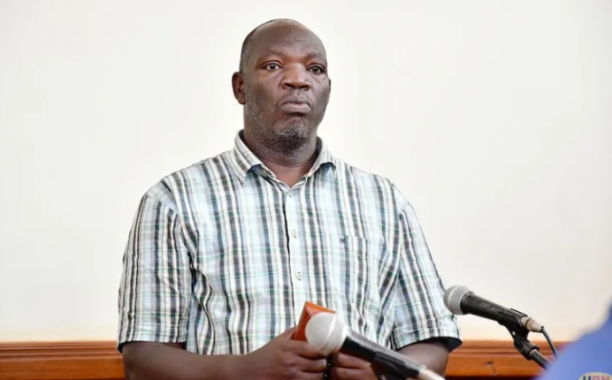With less than two and a half years to the 2021 general election, the Uganda Electoral commission has announced the grand budget that is required to organise and deliver a successful election.
Speaking during the launch of the 2021 general the road map , at Hotel Africana where prime minister Rt.Hon.Ruhakana Rugunda was chief guest, the commission secretary general Sam Rwakojo said that the commission requires a total of 868.14 billion shillings, from 500 billion in the previous 2016 election, to conduct all elections including for administrative units.
He however said that this budget does not include operational costs including wage bills , capital funding and other annual expenses.
“The total cost of the general elections including Administrative units (LC 1 & II) and Women Councils and committees is Shs 868bn,” said the Commission’s Secretary, Sam Rwakoojo.
“This does not include the cost of implementing the plan which includes the wage bill, general finance and administration not to mention the capital development and acquisition of other capital assets including relocation of the Electoral Commission headquarters,” he added.
He said that factors behind this huge budget are the increase in number of districts from 112 in 2016 to 144 in 2021, while the number of voters will be 19 million from 15 million, implying the need to increase ballot materials, polling agents and voter education.
In the 2016 elections for example, Uganda had 112 districts but these have since grown to 141. The Municipalities are now 80 up from 39 in 2016, the polling stations will be 35,000 up from 28,010 in 2016.
“Each new district requires Shs513m to be operationalised but from experience, it has been the same perpetual underfunding story which has been a great challenge to the commission to deliver its constitutional mandate,” he added.
To avoid similar electoral challenges met in 2016 and to implement the Supreme Court recommendations resulting from the Amama Mbabazi petition, the Electoral Commission has launched a roadmap that will guide their activities until after the elections that will take place between January 10, and February 8, 2021.
He has now asked government to avail government to avail funds in a phased manner to enable timely planning.
What the roadmap entails
According to the new roadmap, the updated national register will be displayed from March 19 – April 8, 2020, nomination of candidates at district level will follow between July 20 – July 24, 2020, and nominations for Members of Parliament will commence on August 12 followed closely by the nomination of presidential candidates on August 20th.
The campaigns will kickoff officially on July 30, 2020 beginning with LC candidates, then MPs on August 16, and later the presidential candidates will hit the road on September 2.




